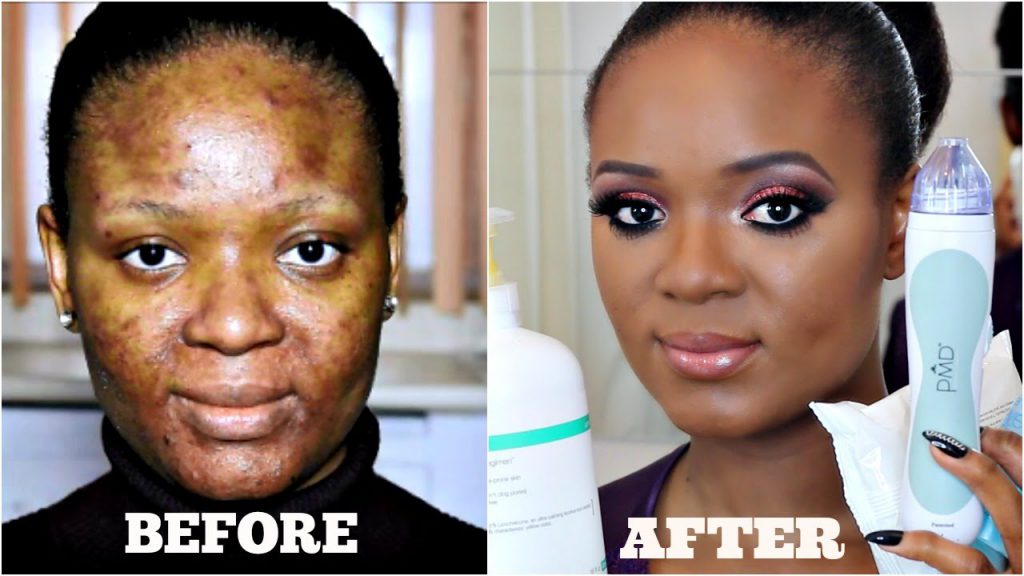History of Acne Treatment
In the USA, a reported 80 percent of people between puberty and middle age suffer from acne. Although, the condition is not life threatening, it can cause embarrassment and emotional stress for those suffering. Let’s take a closer look at the history of acne treatment and see where we are now in clearing up this nasty bump in the road most of us face on the way to becoming an adult.
History of acne treatment:
The term acne comes from a Greek word meaning a skin eruption. In Greece, a vegetable-based acne medicine was prescribed.
In Ancient Rome, acne was treated with hot mineral baths. Roman physicians preferred medication where the main ingredients were made from animals.
One ingredient both cultures agreed on was honey. The Greeks and Romans were in agreement that acne was triggered by the onset of adolescence.
Ancient Egyptians used spells and charms on the pharaohs who suffered from acne.
3rd century
There was a belief during this time that pimples were caused by telling a lie. The treatment for hard lesions was a soap remedy.
14th century
The recommendation was to avoid spicy foods and strong drink. Respected authorities of the era recognized the condition was sometimes aggravated by a person’s diet.
19th century
Nineteenth century dermatologists used sulphur in the treatment of acne to dry and exfoliate the skin. Fathers of modern dermatology, William and Bateman, treated acne with local remedies.
1920’s- Benzoyl Peroxide which kills bacteria became a popular remedy in the history of acne treatment.
1930’s- Acne was often called “Chastity pimples” because people thought virgins were afflicted with acne because they were not able to dispel toxins from their body. Laxatives and radiation were used for treatment.
1950’s- Antibiotics became successful in treating acne after its discovery mostly from the anti-inflammatory effects of tetracycline.
1960’s- ‘Retin A’ was discovered to benefit the fight against acne.
1980’s- ‘Accutane’ was introduced in the United States and later found to be responsible for causing birth defects if taken while pregnant. Accutane is a form of vitamin A that reduces the amount of oil released by the skin’s oil glands and promotes skin rejuvenation but should never be used during pregnancy.
1990’s- Laser Treatment began being used to treat acne and to clear the skin from recent and old scarring. Laser therapy is beneficial for people with nodular and cystic acne.
2000’s- Blue/Red light therapy developed along with laser therapy for acne treatment. It works by using a special blue light to prevent and heal acne. The light can be used on nearly every part of the sufferer’s body.
Future treatments
Scientists are testing a vaccine against inflammatory acne. The goal is to develop a bacterial therapy in the future to overcome the problem seen with long-term antibiotic use, which builds up bacteria resistance.
Science has determined that acne is not caused by dirt. Scrubbing away at the skin too often can make matters worse. It is known that hormones rise during puberty in both sexes and continue to fluctuate during menstruation, causing the sebaceous glands to become overactive. Genetics also plays a role in whether an individual will suffer from acne.
As you see, you are not alone in facing acne. Throughout the history of acne treatment, kings to pharaohs have faced down this culprit and won. There is no need to despair with the great treatments available. The key is finding the skin care regiment that works best for you.
History of Acne Treatment by Ray Blake



